 In today’s Publetariat Dispatch, indie author and small press owner Alan Baxter urges readers and writers alike to flex their influence by posting more book reviews.
In today’s Publetariat Dispatch, indie author and small press owner Alan Baxter urges readers and writers alike to flex their influence by posting more book reviews.
Are you reading this? Then I’m talking to you. You’re a reader and you have a new responsibility. I’m including myself in this. I’m a writer, but I’m a reader too. Any writer worth his or her salt should be a voracious reader, and we’ve got a new responsibility as well. We’re all the New Gatekeepers. No, not extras in a Doctor Who episode, don’t get over-excited.
There’s so much talk about the changing face of publishing, and justifiably so. It’s an exciting time and writing and publishing is going through a renaissance brought about by new technologies. That means there are options out there for pretty much everyone to get their writing out into the world, and a lot of people are taking up the opportunity. Some people are doing seriously well out of it, like Amanda Hocking. Others are doing rather less well, like the poor woman that immolated her career with one online review – you know who I mean. But one of the net results of this revolution in publishing is that readers have been saddled with a massive new responsibility.
Gatekeeping is important. In the good old days of the late 90s and early 2000s, and since forever before that, the gatekeepers were the publishers. Writers would approach publishers, either directly or through agents, and publishers would decide what was published and what wasn’t. They essentially filtered what everyone got to read. The upside of this was, largely, the stuff that made it into print was generally well written and worth reading. Generally. We all know publishers are quite capable of turning out reams of utter shite too. But on the whole they ensured a general level of quality control. The downside, apart from the afore-mentioned shite, is that they also ensured that anything risky or unusual, something strangely cross-genre, something not immediately saleable, was unlikely to see the light of day. There were self-publishing and small press success stories, where the unlikely became massive, but those hits were very, very rare.
Now, with the advent of Print On Demand and ebook technology, publishers have found those gatekeeping responsibilities ripped away. Writers are still keen to be published by the big guys – there’s a definite advantage to it, both in terms of credibility and distribution, hence readership. But literally millions of people are circumventing the publishers and self-publishing. Millions more are scoring smaller deals with small press. The volume of stuff out there is staggering. And a lot of it is complete shit.
Remember, the publishers themselves have turned out many stinkers over the years, but the strike rate for quality – in editing, formatting, production and so on, as well as writing ability – has generally been kept high even if the stories were rubbish. Not always, but often. Nowadays people think it’s easy to write and be “published” and there’s loads of stuff out there that really shouldn’t see the light of day. Poorly written, poorly edited, poorly formatted – just poor. And that’s where we as readers come in. This is why we are the New Gatekeepers.
Success in writing has always relied on word of mouth. When a big publisher puts the might of the marketing machine behind a new release that word of mouth gets a massive head start, but it’s still the reviews and recommendations of critics and readers that determine whether a book is truly successful or not. That’s still the case, but the mainstream reviewers can’t keep up with the tsunami of words constantly bearing down on them. Along with all the newly published writers, a whole bunch of new reviewers have cropped up, and many book review blogs are developing considerable power. This is a very good thing, as it helps to strim out the crap and let the quality stuff rise to the top.
But you don’t need a review blog to wield power in this new world. You’re a reader – you have enormous power. If only you’d use it. By the Power of Yourskull! Or, more accruately, the brain within it. If you read something you like, tell people all about it. Recommend it to your friends, buy it and gift it to people. You can gift ebooks now as well as print books. There is no better result for a writer than a reader enjoying the book and recommending it. But don’t stop there – there’s so much more you can do, very easily.
You don’t need to be a talented reviewer to review books. Amazon.com, Amazon.co.uk, Goodreads, Smashwords – all these places and more make it very easy for you to leave a review and rate a book. Or just rate it. Your review doesn’t have to be anything lengthy to have an impact. For example, look at this review of my second novel, MageSign, that a reader called Joefredwheels left on Amazon.com (Yes, I’m going to use my own work as reference. Sue me.):
excellent follow up – great story continuing adventure of first book protaganist. hoping for more stories in this world. Baxter is an excellent writer of a fast past exciting plot. THIS IS WORTH THE MONEY. BUY THE BOOK
He also rated it five stars. Brilliant. It’s very short, it’s not worrying about being good writing in itself, it’s simply conveying the person’s enjoyment of the book. Sure, it’s cool when readers take the time to write a few paragraphs of carefully thought out critique when they review, but the review above is just as valuable.
Here’s another example, this time a review of RealmShift, left on Amazon by Cathy Russell “Ganymeder”:
a well thought out tale – I liked that this story had believable characters and explored faith (or lack of), it’s origins, etc. It had a lot of deep themes. The characters were well thought out. The plot was engaging, and I liked the whole idea of a superhuman who could kick the devil’s ass. While reading this, I kept thinking it would make a great action movie or comic book too. I’d recommend this. 4 stars.
That wouldn’t have taken long to write, but in a single paragraph she recommends the book and gives some basic reasons why. Again, brilliant.
I can’t express how grateful I am when people take the time to do this. And it’s something we can all do, for any publication, anywhere on the web.
I tend to review books I enjoy here on my blog, but I’m a regular blogger anyway. I always rate them on Goodreads. I’m also planning to copy my reviews over onto Amazon and Goodreads – I wish I’d done it as I wrote them, as now it’s going to take a while and a concerted effort. But I’ll do it, because I plan to put my reviews where my mouth is.
So we, as readers, are the new gatekeepers. It’s our responsibility to help spread the word about the good stuff we read, and the bad. You don’t have to leave negative reviews on anything – just don’t review them. But it’s an act of true benevolence to leave good reviews of stuff you enjoy, or drop by websites and leave a star rating. You can write a single line or single paragraph review and copy that to all the sites you visit or shop at. If you do blog, then reviewing a book on your site is fantastic. But whatever you do, do something. Help spread the word. As writers, nothing is more valuable to us than the recommendations of readers. It’s always been that way, and now it’s more true than ever. Readers can make sure the good stuff out there gets noticed and more writers get themselves a well-earned career. Power to the people!
This is a reprint from Alan Baxter’s The Word.

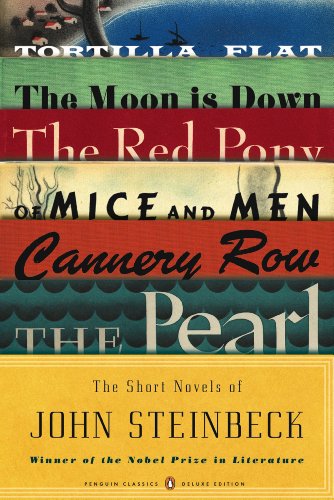

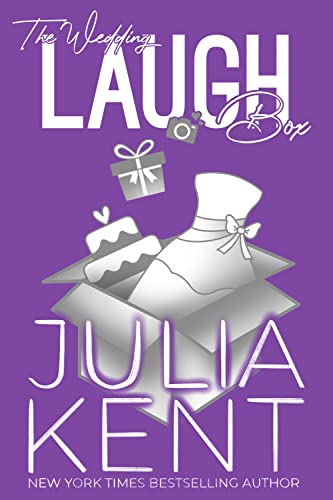
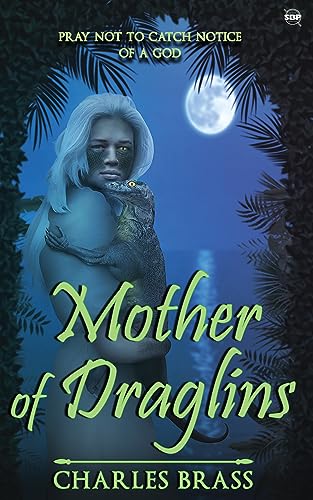

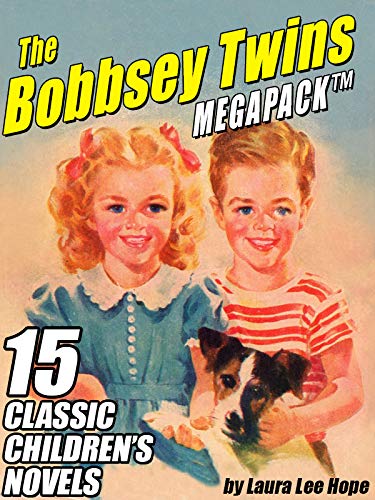


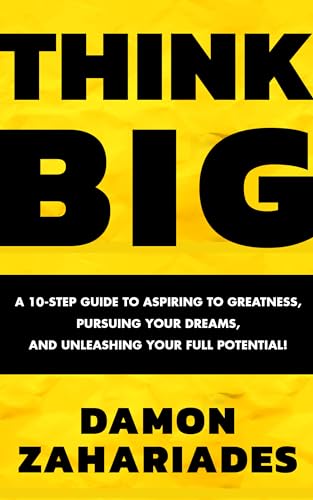


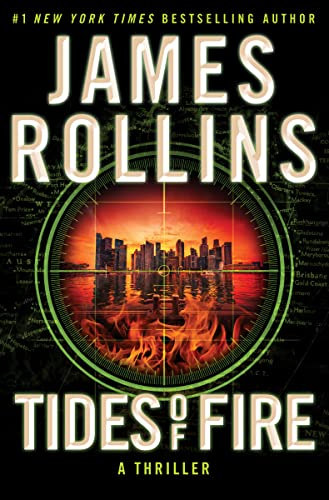

 It’s a simple fact that we live in a capitalist society. If anything is going to work, someone needs to be making money. Ideally, everyone is making money except the people buying the product, and those people are happy with what they get for their outlay. In that environment, other than producing a quality product, a lot of profit comes from advertising. And is it really so bad to have ads in ebooks?
It’s a simple fact that we live in a capitalist society. If anything is going to work, someone needs to be making money. Ideally, everyone is making money except the people buying the product, and those people are happy with what they get for their outlay. In that environment, other than producing a quality product, a lot of profit comes from advertising. And is it really so bad to have ads in ebooks?